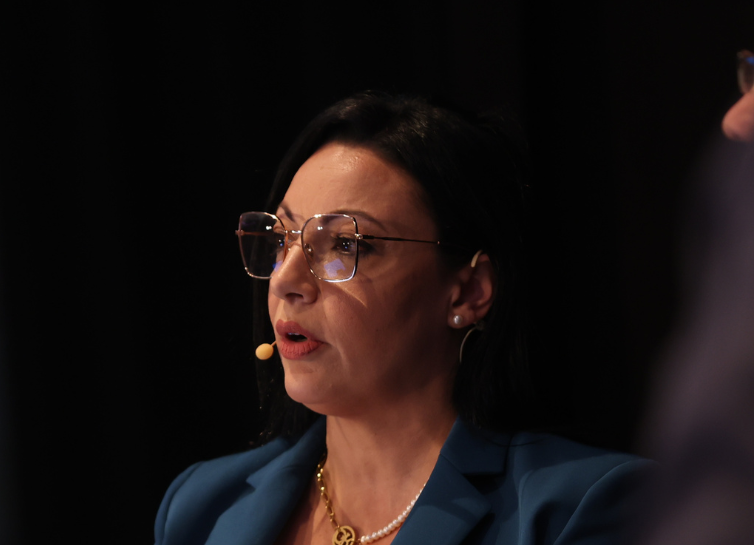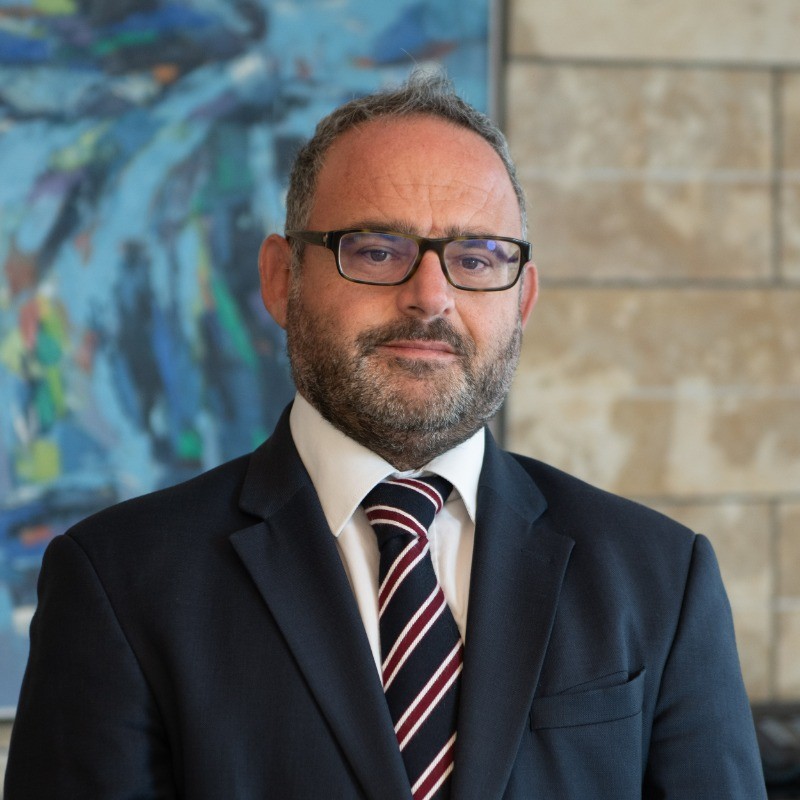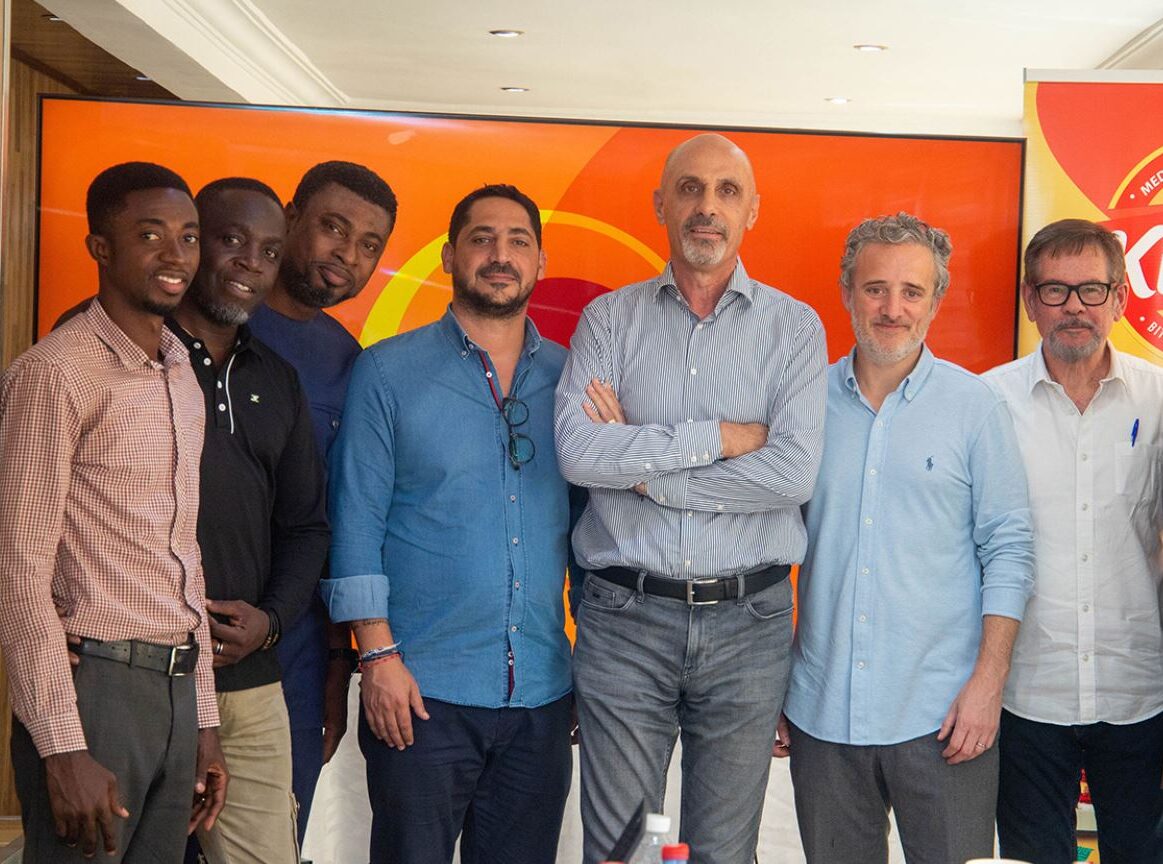“There are countries which are worse than us, but we should be looking at being better than those who are already better than us,” believes Marthese Portelli, CEO of The Malta Chamber.
Addressing the annual conference of the Institute of Financial Services Practitioners last week, Dr Portelli said that Malta needs to understand how to do allow businesses to conduct their activities more efficiently.
“Excessive and superfluous bureaucracy always has a negative impact – this is true not only for the financial services industry but it is crosscutting across all sectors and industries. It impacts our competitiveness and attractiveness, apart from the frustration that it creates.”
She continued: “Admittedly our current bureaucratic system puts us at a disadvantage when compared with other countries. Tackling excessive and superfluous bureaucracy is all about simplification, automation and integration,” she said.
During her intervention The Malta Chamber CEO highlighted that the recently launched national strategy for financial services is a step in the right direction.
“However, in order to lead to its proper execution, we need to make sure that it has clear milestones and implementation dates, set KPIs that must be reached, proper service standards which must be observed, and is supported by the proper infrastructure and support structures required.”
Part of the problem facing businesses in Malta remains the challenges they face in finding the right human resources.
Dr Portelli referred to a study of eight European countries with substantial similarities to Malta’s economic make-up, including Ireland, Cyprus and Estonia, and noted that Malta ranks very well on a number of factors in terms of its attractiveness to highly skilled foreign labour.
These include the use of the English language, which is vital for business, economic stability as measured in GDP per capita and the low rate rate of unemployment, and quality of life.
However, it is also important to focus on the factors in which Malta lags behind, she said, which include Malta’s relative purchasing power, affected by the high cost of living, and the time taken for the approval of visas and residence permits, as well as their cost.
Another factor that is reducing Malta’s competitivity in attracting human capital is the high cost of family reunification, which has an outsized impact on TCNs’ willingness to move here.
“If we make it difficult for individuals to be with their family in family, they will leave and go to someplace else where they can live with their family.”
We are ‘sharing a piece of Maltese heritage with West Africa’ – Farsons Deputy CEO
Kinnie is now also manufactured in Ghana.
Businessman Jean Paul Busuttil murdered in Bidnija
He was the Founder of Luxury Living Technologies plc, listed on the Malta Stock Exchange.
Vogue US Editor-in-Chief Anna Wintour steps down, leaving a playbook for leaders
Stylish, direct and fierce.
‘Today, there is no place for management by diktat’ – Malta Development Bank outgoing CEO
Paul V. Azzopardi reflects on his five years at the Malta Development Bank, emphasising teamwork, institutional independence, and values-driven leadership.









